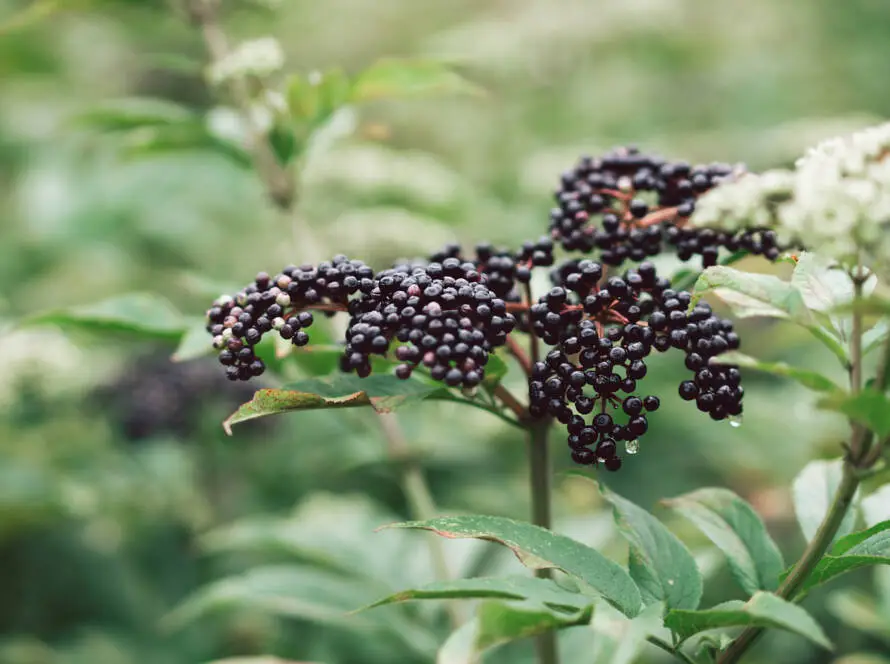Lavender
Introduction
This fact sheet provides essential information about lavender, a beloved herb renowned for its delightful flavor, soothing scent, and potential therapeutic properties. Native to the Mediterranean region, lavender has a rich history of use that dates back thousands of years. It played a significant role in ancient Egyptian mummification practices and was commonly used as a bath additive in Persia, Greece, and Rome. The name “lavender” is derived from the Latin word “lavare,” meaning “to wash,” reflecting its historical association with cleanliness and purification.
Common Names
Lavender is known by several common names, including:
- Lavender
- English Lavender
- Garden Lavender
Latin Name
The scientific name for lavender is Lavandula angustifolia.
Uses
Historically, lavender has been utilized for various purposes, particularly as an antiseptic and for mental health support. Today, it is commonly used to address a range of conditions, including:
Anxiety
Lavender is often sought after for its calming effects, making it a popular choice for individuals dealing with anxiety.
Restlessness
The soothing properties of lavender may help alleviate feelings of restlessness and promote relaxation.
Insomnia
Many people use lavender to improve sleep quality and combat insomnia, as its aroma is believed to have sedative effects.
Depression
Lavender has been explored for its potential role in alleviating symptoms of depression, although more research is needed to confirm its effectiveness.
Headaches
The scent of lavender may provide relief from headaches and migraines for some individuals.
Upset Stomach
Lavender is sometimes used to soothe digestive issues, including upset stomach and bloating.
Hair Loss
Preliminary findings suggest that lavender oil may help with hair loss, particularly in cases of alopecia areata, when combined with oils from other herbs.
How It Is Used
Lavender can be utilized in various forms, including:
Aromatherapy
The essential oil extracted from lavender flowers is commonly inhaled to promote health and well-being. Aromatherapy with lavender is often used to create a calming atmosphere.
Topical Application
Lavender essential oil can be diluted with a carrier oil (such as coconut or jojoba oil) and applied to the skin. This method is often used for localized relief or to enhance relaxation during massages.
Teas and Extracts
Dried lavender flowers can be brewed to make herbal teas or used to create liquid extracts for oral consumption. Lavender tea is a popular choice for promoting relaxation and aiding digestion.
What the Science Says
While lavender has a long history of use, scientific evidence supporting its effectiveness for many health applications is limited. Some key points include:
-
Anxiety Studies: Small studies on the use of lavender for anxiety have shown mixed results, indicating that while some individuals may benefit, more extensive research is needed to draw definitive conclusions.
-
Hair Loss Research: Preliminary findings suggest that lavender oil, when combined with oils from other herbs, may help alleviate hair loss associated with alopecia areata. However, further studies are necessary to confirm these effects.
Side Effects and Cautions
While topically diluted lavender oil and aromatherapy are generally safe for most adults, there are some important considerations:
-
Skin Irritation: Some individuals may experience skin irritation when using lavender oil topically, especially if it is not properly diluted.
-
Toxicity: Lavender oil may be toxic if ingested in large amounts. It is crucial to use lavender products as directed and avoid excessive consumption.
-
Oral Consumption Effects: Drinking lavender teas and extracts may lead to side effects such as headaches, changes in appetite, and constipation in some individuals.
-
Sedative Interactions: Combining lavender with sedative medications may enhance drowsiness, so it is essential to consult with a healthcare provider if you are taking such drugs.
Conclusion
Lavender is a versatile herb with a rich history and a variety of uses, from culinary applications to therapeutic benefits. While many people find relief from anxiety, insomnia, and other conditions through the use of lavender, it is essential to approach its use with caution and awareness of potential side effects. As with any herbal remedy, individuals should consult with healthcare professionals before incorporating lavender into their health regimen, especially if they have underlying health conditions or are taking other medications. By understanding the uses, benefits, and precautions associated with lavender, individuals can make informed decisions about how to best utilize this fragrant herb in their lives.
Sources
- Natural Medicines Comprehensive Database
- Natural Standard Database
- Herbal Medicine: Expanded Commission E Monographs
- NCCAM National Institutes of Health
Disclaimer
The information I’ve shared about herbs is for educational purposes only and is not meant as medical advice. While many herbs have been traditionally used for their potential health benefits, individual responses may vary, and the effectiveness of herbs can depend on various factors, including personal health conditions and interactions with medications. It is essential to consult with a qualified healthcare professional or a licensed herbalist before using herbs for medicinal purposes or making significant changes to your health regimen. This information should not be considered a substitute for professional medical advice, diagnosis, or treatment.


